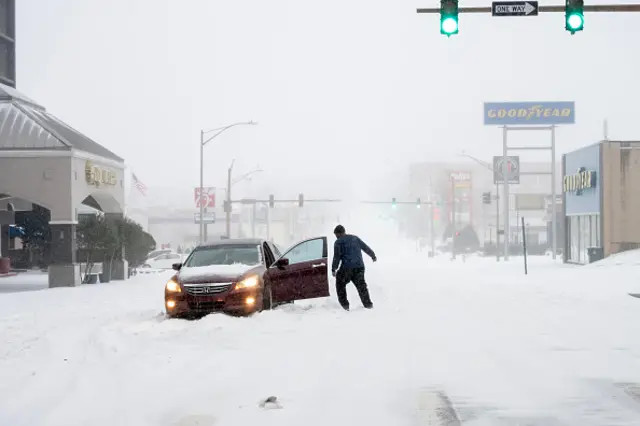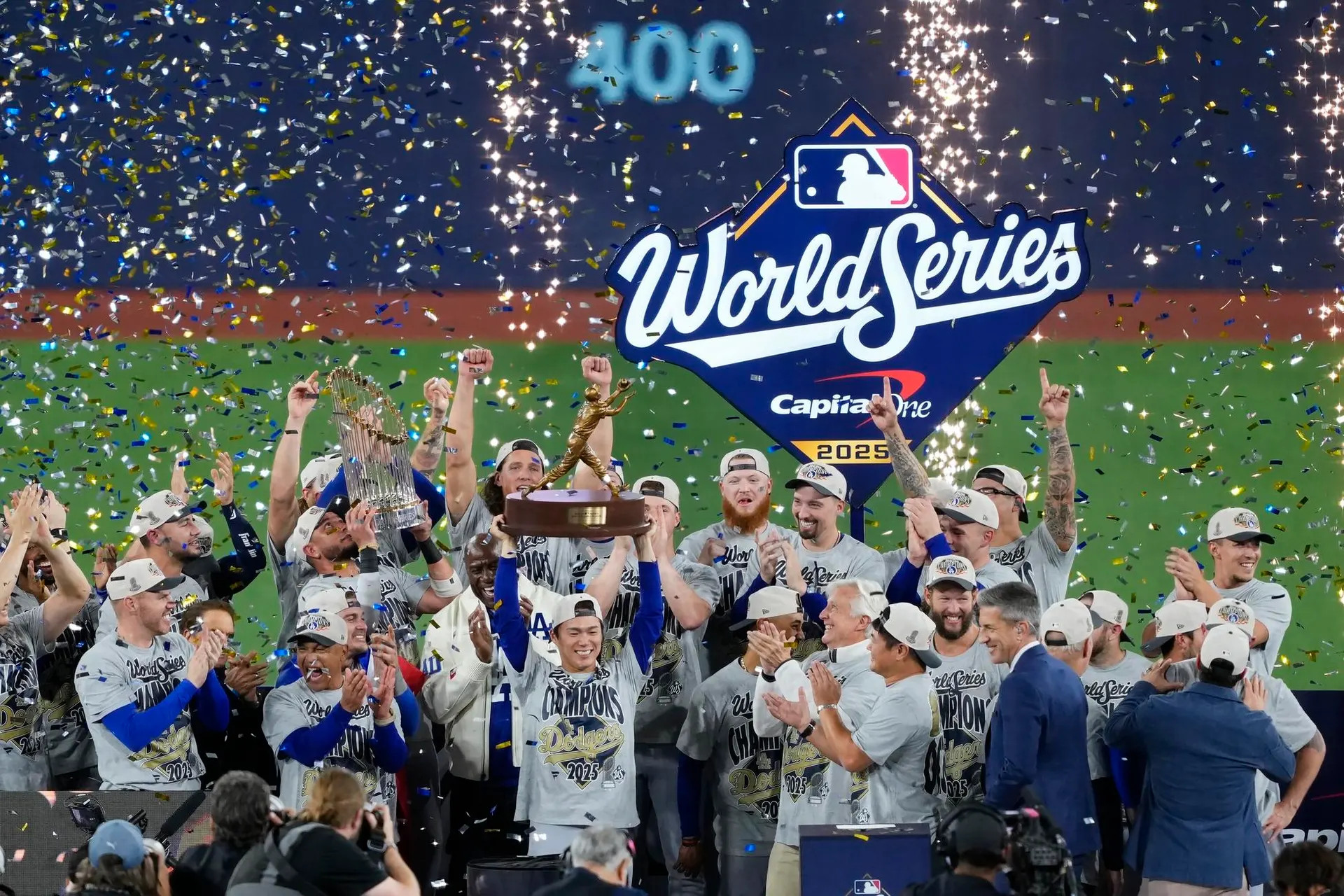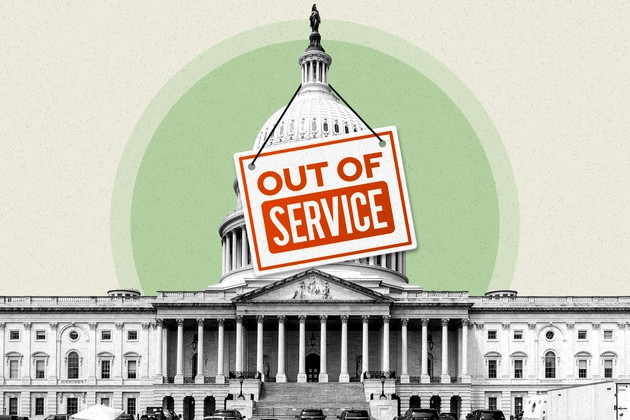This CNBC article, published on Sunday, describes how a massive winter storm has brought large parts of the U.S. to a standstill. The results of the storm have been heavy snow and ice from New Mexico to Maine, with the National Weather Service warning of "bitterly cold temperatures and dangerously low wind chills." As of Sunday morning, more than...
5 Years Later: How COVID-19 Affected the Economy
A recent study from the Pew Research Center reflects on the effects of the COVID-19 pandemic. The study looks at America's health, work, technology, and society nearly five years after the pandemic began. The survey looks at the growing partisan divide in the U.S., shifting attitudes toward institutions, and the ways in which daily life has changed.
There are many lasting negatives from the COVID-19 pandemic, all of which can and will affect the economy. The first, and in my opinion, the biggest problem that the pandemic has created is the education interruption. COVID-19 severely disrupted education, with schools being online for over a year in some places. The move to remote learning exacerbated existing inequities, as lower-income and rural families found it harder to access technology and the internet. These education setbacks will impact the next generation of workers. These setbacks mean many students could feel long-term impacts, potentially affecting workforce readiness and socio-economic mobility for years to come. Another problem that arose from the COVID-19 pandemic was the trust erosion in institutions. Institutions play a vital role in keeping the economy running smoothly, and with a growing lack of trust in those institutions, economic instability can arise.
If you were trying to find an economic positive that resulted from the COVID-19 pandemic, you could say that despite the challenges, the Pew report finds that most Americans have moved on and recovered at least somewhat from the pandemic's toll. Furthermore, remote and hybrid work, which became popular during the pandemic, has made it easier for people to balance personal and family responsibilities. Another encouraging note is that most people believe their communities are better prepared for the next health crisis, which hopefully will help prevent future pandemics.
As America looks ahead, the lessons and divisions of COVID-19 will shape how we approach education, public health, and social cohesion—hopefully, with renewed emphasis on building trust and preparedness.
Earlier this month, the Los Angeles Dodgers won the world series. Shortly after that, Forbes published an article about the record-breaking global viewership that the world series amassed. The 11-inning Game 7 instant classic had over 51 million viewers across just the U.S., Canada, and Japan. There are a couple obvious reasons for the...
This CNBC article, published last week, talks about how the U.S. federal government has just shut down. The shutdown started after Congress failed to reach an agreement on a funding bill before the deadline. The article goes on to talk about the immediate impacts on federal workers, disruptions to non-essential government services, and the...




